Our Art of Visual Effects degree is a practical skills-based course tailored directly to the needs of the visual effects, games and other digital media industries. All our staff are active within the industry and teach students the skills they’ll need to gain employment after graduating.
The course utilises a mix of lectures, hands-on workshops, tutorial classes, studio sessions and practical exercises such as 3D Modelling, Digital sculping, 2D & 3D Compositing, Matte Painting, Motion Performance, Motion Graphics, FX & Simulation, onset VFX supervision and Virtual Production with the use of Epic’s Unreal game engine.
The course fuses cutting-edge industry-standard software skills with lessons learned from over a hundred years of filmmaking and visual effects. We teach everything from the ground up; in short you don’t need any prior knowledge or traditional artistic skills before joining the course. Our highly skilled team will help you develop the knowledge and skills you need to thrive in industry.
Awarding institution:

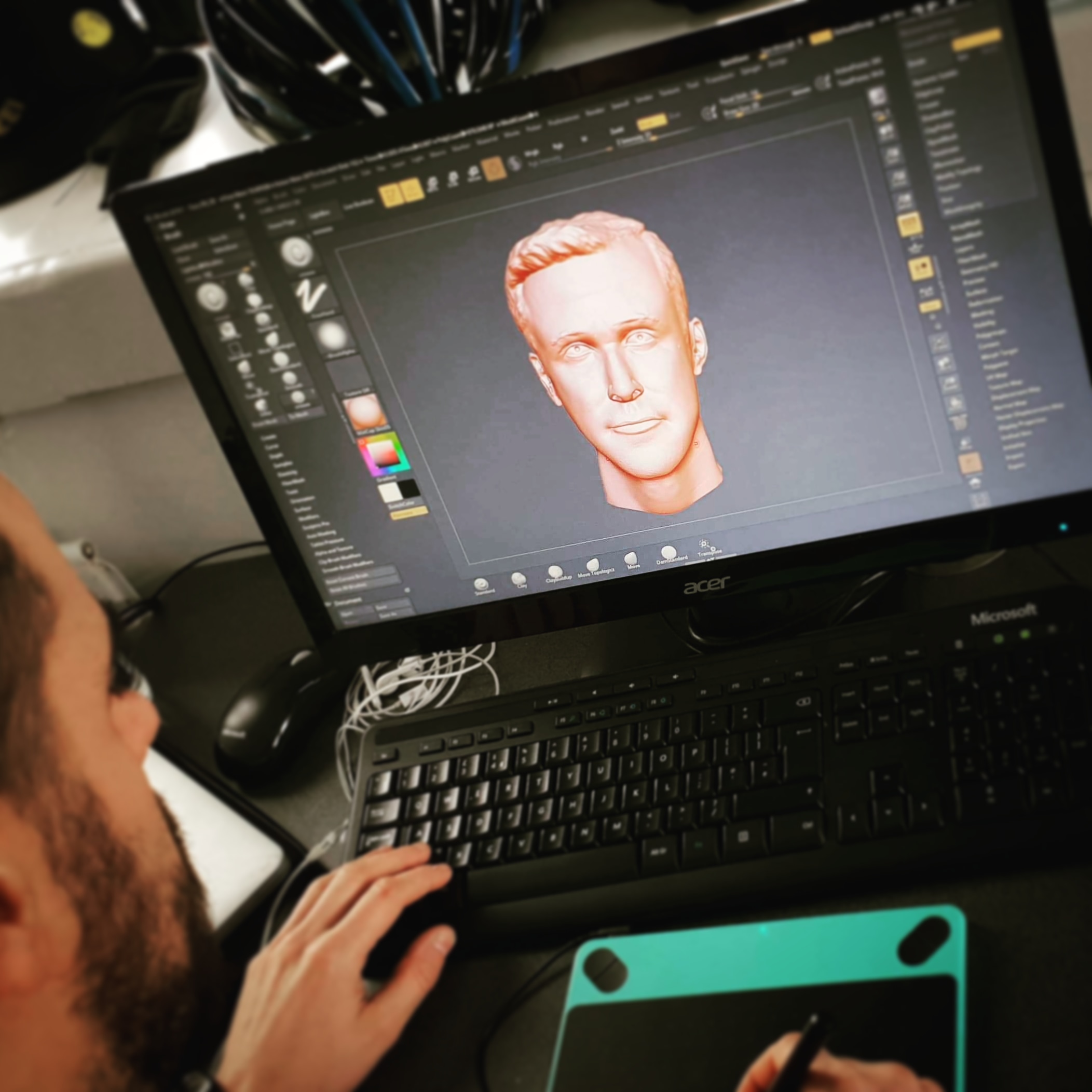
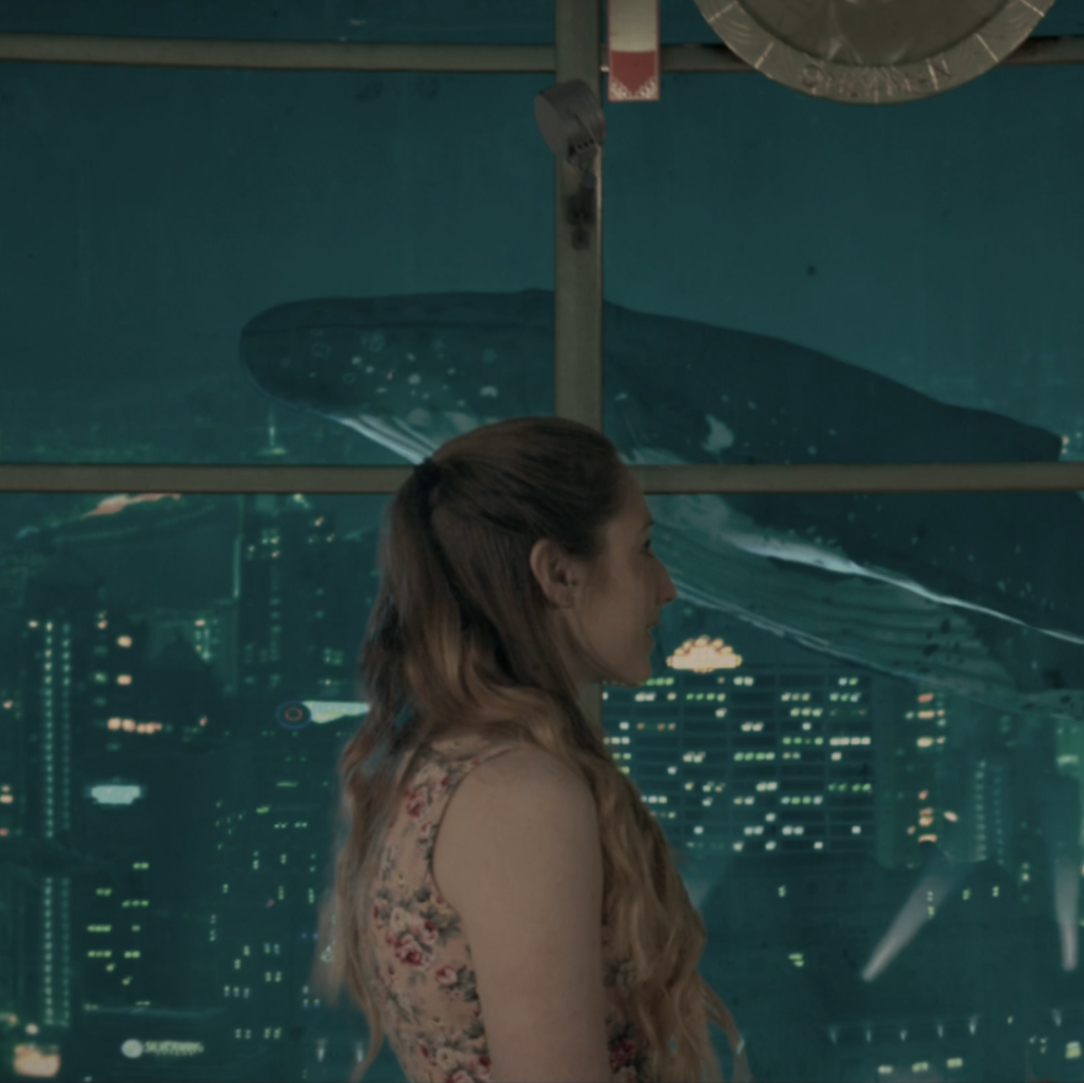
A Futureworks visual effects degree leads to a whole range of different careers – not just film and TV, but also roles in advertising, architecture and product design. Many industries require visual effects professionals.
Some of the biggest VFX companies are based in the UK and the scope for careers is really positive. There are lots of opportunities in this growing and exciting industry for the right people, with the right education and the right experience. And that’s what Futureworks gives you.
The complete list of potential job roles for our students is too wide to list here, but it includes compositors, 3d modellers, R&D, lighting, visual effects operator… and you may end up as a skilled freelancer, working in agencies or in a film production house – it’s such a wide and growing industry. Our past students have worked on films such as Guardians of the Galaxy, Paddington, Robocop and Ronin to name just a few.

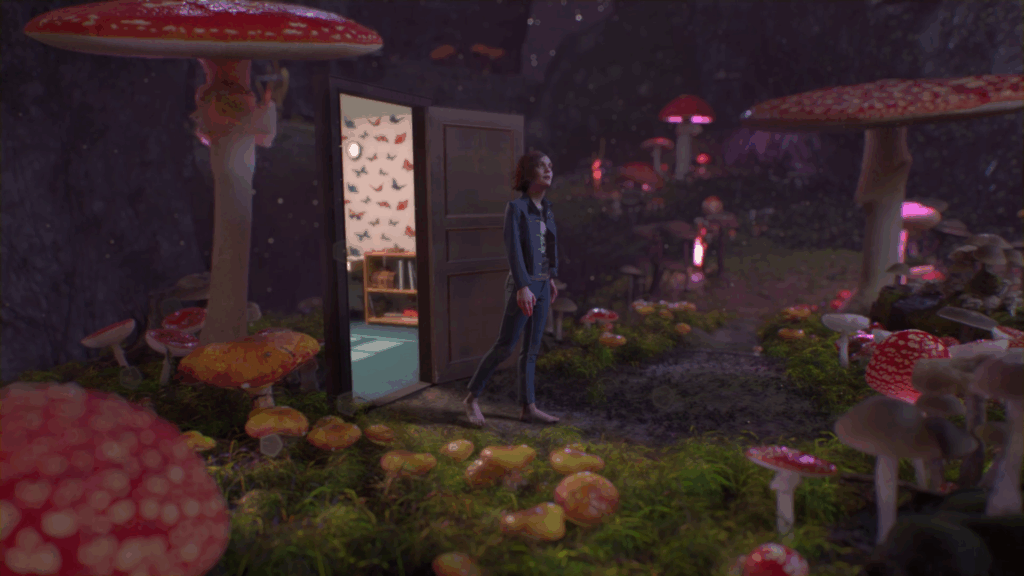
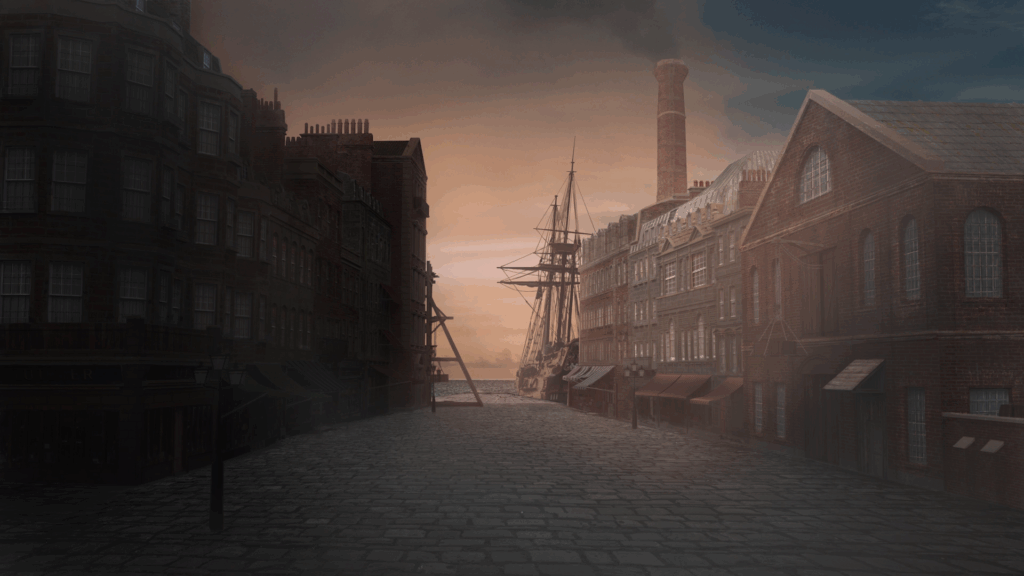
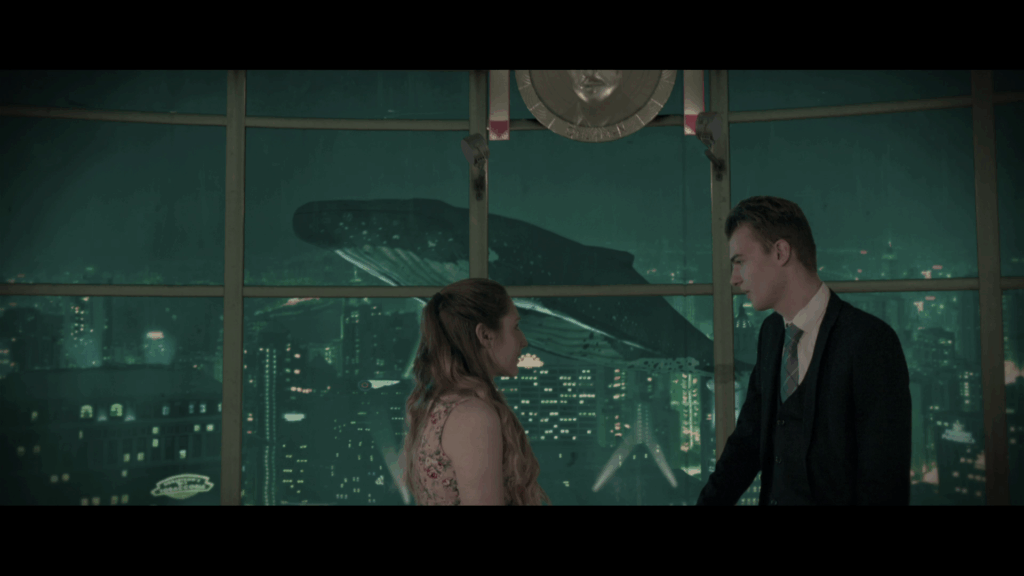
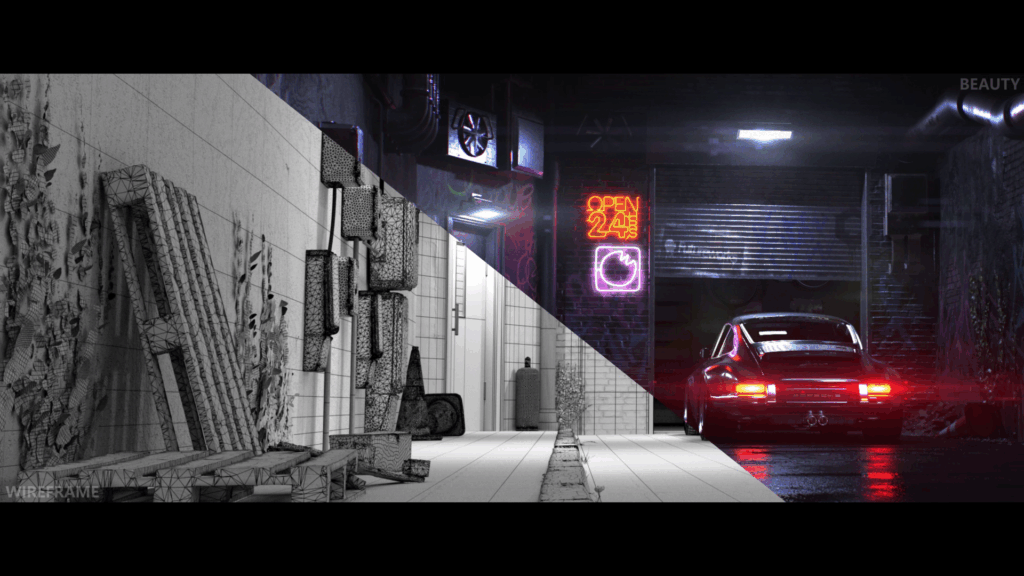

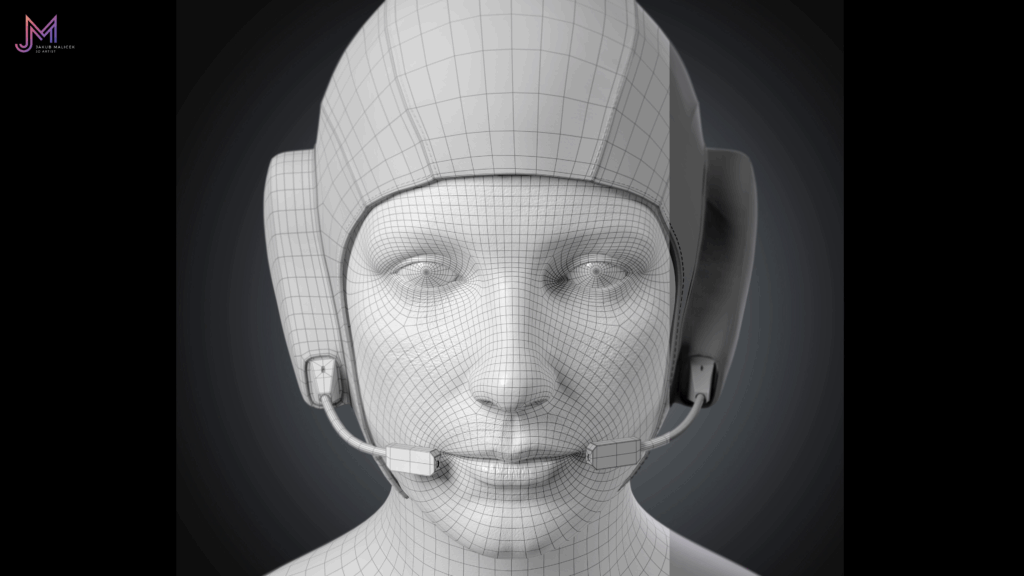

To be considered for this course, you will require 104-120 UCAS points.
This could be gained via a number of qualifications, for example:
You can apply for this course by applying directly to Futureworks. Alternatively, you can apply via the UCAS system. The UCAS codes for this course are as follows:-
UCAS Code: W614
Institution Code: F98
If you have any questions please call us on 0161 214 4602 or email admissions@futureworks.ac.uk
Successful applications will receive an offer directly from Futureworks (and via your UCAS application if you applied through UCAS).
More information on our admissions process can be found in the Student Recruitment and Admissions Policy in the Policy Hub